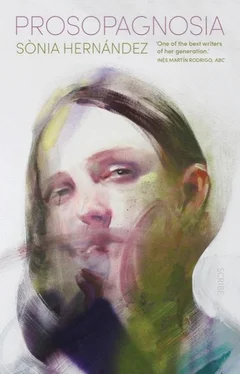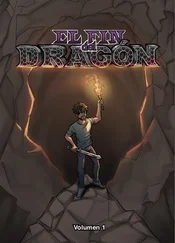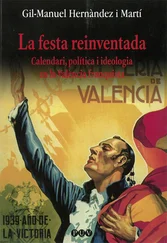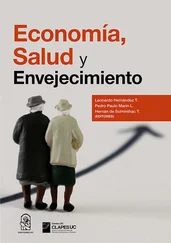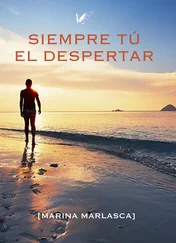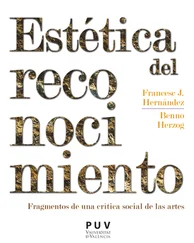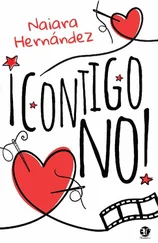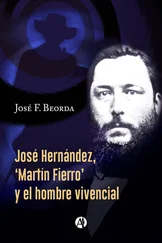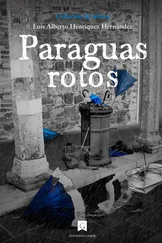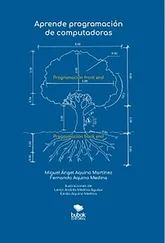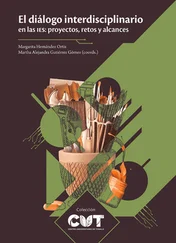Not only had Vicente Rojo never heard of the internet, he also tried to convince me that no such thing existed. I tried to explain it to him, and told him about the vast network of computers where it was possible to gain access to any type of information you wanted, and all you had to do was type in a few words, like, for example, ‘Vicente Rojo’. He laughed in my face. He even went so far as to say that a person with even a shred of intelligence wouldn’t waste their time on absurd machines or with extravagant theories about knowledge and culture.
‘There’s only one way to learn. It’s been the same for thousands of years, and it’s going to stay the same, believe me. But it means less and less every day. Everyone distracts themselves with lies and illusions. Like many others, I have dedicated my existence to the struggle in which the essential aims to take ground from the banal, which, through its vulgar commercialisation, ushers in all manner of things that are secondary, irrelevant, quick, and easy.’
He spoke with such conviction that he managed to make me feel absurd for trying to make him understand how useful the internet and other innovative technologies can be.
‘And what’s the point of all these computers?’ he asked. When I didn’t respond, he continued. ‘To keep on degrading us, that’s all. Sometimes I think they’ll get what they want: that we’ll stop thinking, that we’ll stop wanting to see visions of the world different from theirs. Nowadays, the only way people want to look at reality is the way they taught us.’
This last comment made me think of the perception experiments my daughter was interested in.
So, Vicente Rojo and Berta appeared to be joined by some invisible thread, two accomplices who had been completely unaware of each other, despite the fact that they were mired in the same search. This was exactly why they had found each other. I could only watch on from a distance and try to understand whatever it was that moved them. That’s why I had decided to write.
The artist continued talking about how the powerful tried to impose their way of understanding reality, in which everything in the world seemed to have an assigned value that was accepted willingly.
‘It’s very important to maintain a healthy distance with respect to all the noise and ruckus to be able to see anything. One of the most transcendental experiences of my life was a time when, as a young man, I was taken to the peak of a mountain in Mexico. From there I could see the valley. Everything was very small. The landscape was reduced to tiny stains of colour, and in those little smudges, the essence of the world was distilled. I suppose that’s why I dedicated myself to painting, because I wanted to replicate those landscapes, the colour of the material that defines us. That’s when I understood the importance of maintaining the proper distance from everything, and that’s perhaps the thought that has helped me the most in my life.’
He sat in silence, as if weighing the meaning of everything he had just said, or as if his thoughts had taken him back to the peak of that mountain where he had experienced his revelation. I didn’t want to interrupt him, and besides, I was lost in my own thoughts.
My daughter was already ahead of me. At only fifteen, she was deep in a search that compelled her, at the very least, towards the sort of reflection that would undoubtedly lead to something fruitful. Maybe it wouldn’t be an epiphany like Vicente Rojo’s on that mountain in Mexico, but surely it would help her arrive at some conclusion that would help her to resist. Even at my age, I have none of these transformative experiences to relate, which means I also have no theories or explanations that would help me understand existence or to face up to reality, nothing that could even help me with the constant pummelling of frustration. My old classmates from university and colleagues from my first jobs were able to come up with their own theories. Some wrote books about them: books about social groups, literary trends, the future of human relations and communication… I’m not exaggerating when I say that it’s difficult for me to think for myself. My way of functioning has more to do with finding a reference or authority that gives credit to an idea I’m trying to manifest. Problems arise when I can’t find anyone to articulate the formless idea that’s tormenting me. There are so many theories and so many explanations that I find it hard to see myself in any of them, to feel that, at last, I have found an explanation of the world from which I can build a safe and secure life. When I lived with Pablo, everything was easier, because I just followed in his footsteps. Our life was made up of the routines he had established, and he managed to convince me they worked for me too. Pablo was the reference point I needed because, unlike me, he seemed sure of what steps to take. In any case, I’m not going to talk about him, because he has absolutely nothing to do with what’s going on here, because this is about trying to give shape to an ethical model. That might sound pompous, but that’s what I was looking for: a way to define the rules that ordered Vicente Rojo’s life. How to interact with one’s surroundings, with nature, with animals, with other human beings. How to improve the lives of others so that your own isn’t so frustrating. How to find meaning in the events that come together to form a life. In the end, it was comforting to listen to the artist because he had his own story about the creation and development of the world. Building from everything he had experienced, he had articulated his own personal discourse: words upon which he had built his life, and which protected him. And he’d managed to do all that without Google or the internet.
The interview was a failure. I couldn’t shake the sensation that the artist looked down on me because I had no thoughts of my own. He was looking for a dialectic, an interlocutor with whom he might exchange opinions, and I wasn’t up to it. I just swallowed and blinked when it looked like he wanted to ask me something, held my breath every time he couldn’t recall the name of an artist or a musician or a philosopher and looked at me for help. I sighed with relief when eventually he came up with the name he was looking for.
All in all, what was supposed to be my triumphant return to the newspaper was just a failed and frustrating interview. However, for some nagging reason that I won’t stop to analyse here, I wasn’t ready to give up. I’d had the great fortune of Vicente Rojo stumbling into my boring little life, and I had to make the most of it. What’s more, he’d spent the whole afternoon saying interesting things, so I felt obliged to stick with it and learn something from him. Once, somebody asked me why I liked journalism. After thinking about it for a long time, all I could think to say was that it was a job where you were constantly learning new things. When I think of that answer now, I can’t help giving a wry smile, but that afternoon, when I interviewed Vicente Rojo, I still believed something similar, and I was absolutely prepared to make the effort to learn whatever it was that the artist was trying to explain to me, and which, without a doubt, would enrich my life. With a little luck, and by taking on some of his life lessons as my own, perhaps I could even lose a few kilos. He didn’t seem like the sort of person who needed to deal with anxiety by regularly gorging himself; in fact, it seemed like he had accepted his fragility and knew how to behave in harmony with his own nature.
This didn’t seem so easy once I got home and tried to transcribe the interview. The conversation was a total disaster, and not because (as he had said at the start of the interview) he couldn’t put his thoughts into words, but because of my absurd questions. I had to accept that it would be impossible for me to get a profile or a worthwhile article out of the material. But I needed to know more about the artist, about his desire to work in culture, which for him meant ‘working for life’. I wanted to learn more about the independence and knowledge he had obtained, thanks to the healthy distance he maintained from the noise, shadows, and figures that make up reality. It was precisely because of this famous distance and perspective that he had been able to paint so well. I wanted to learn more from Vicente Rojo because I thought I had found the moral and intellectual authority that I had been lacking for so long. That was the deficiency that explained the brainlessness and mediocrity I had been living in.
Читать дальше
